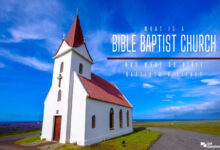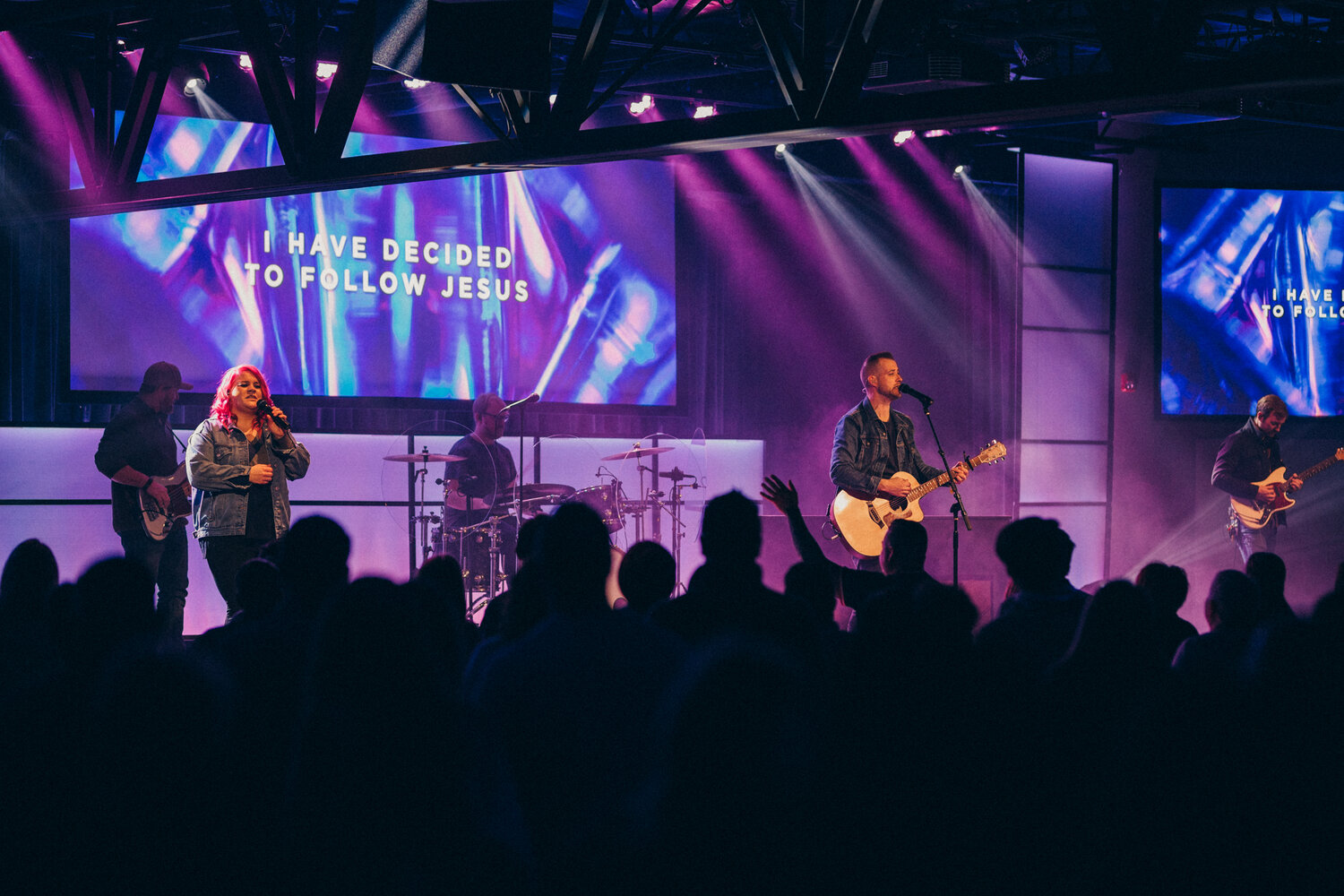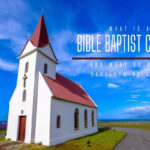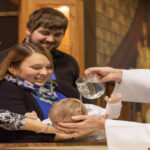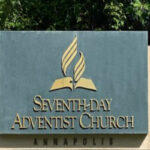What is a Non-denominational church?
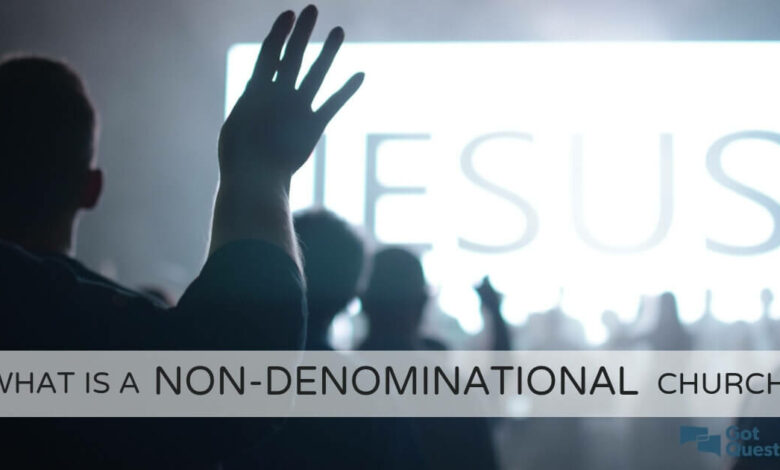
Meaning of Non-denominational church?
Non-denominational churches, in general, believe that the Bible is the one authority that governs all aspects of the church, with scripture determining their views and ideologies. They are also self-governing bodies, with elders frequently supervising the organization, structure, and traditions of the church. Non-denominational churches place a greater emphasis on biblical principles than on denominational rites.
These churches, which are typically founded by specific pastors or groups, attempt to adopt a distinct approach to conventional Christian worship. Although there is some broad overlap in terms of practices and foundational beliefs between non-denominational churches and regular Protestant congregations, they share common theological foundations from the Bible and the Protestant Reformation. Presbyterian, Anglican, Catholic, and Methodist are examples of Protestant denominations.
What Are the Beliefs of Non-denominational Christians?
Although the response varies per church, non-denominational Christian churches typically believe that the Bible should be the authoritative source for teaching, worship, and other elements of church life. Non-denominational churches focus on scripture to guide doctrine rather than adopting views established by a bigger group. They are led by church members (typically a group of elders), reflecting the notion that a church is a community of believers rather than a hierarchy.
This is in contradiction with most denominational churches, which have codified theological ideas that are not always based on the Bible. These concepts are instead developed by extensive annotation and analysis of the scriptures.
Concerning major characteristics of Christian doctrines, such as church leadership, communion or the Holy Communion, and sacraments such as marriage, baptism, and memorial service practices, non-denominational churches frequently have a lot of similarities with later, non-episcopal Protestant churches, as opposed to those doctrines endorsed by the Roman Catholic Church, Lutheran Church, or American Presbyterian Church.
Non-denominational Churches, Examples
The Redeemed Christian Church of God, Christ Embassy, Living Faith (Winners Chapel), Salvation Ministry, and a host of other non-denominational churches have huge national and even international congregations.
However, there are thousands of non-denominational churches in Nigeria, ranging from major, well-established organizations to small, family-led, community-based congregations that may be found on practically every street.
Why should you attend a Non-denominational church?
Non-denominational churches bring together people from all areas of life. Because there is no particular religious affiliation, your upbringing, culture, and background will not be determining factors in worship. Your devotion to Jesus will be what binds you to others in the church. Visit your nearby non-denominational church if you’re seeking a place of worship where society is involved in making the church experience.
FAQs on Non-denominational churches
Do non-denominational churches practice baptism?

Non-denominational congregations, in general, practice baptism. Their views on baptism frequently match those of Baptists more than those of other denominations and faiths. This means that, as opposed to infants, non-denominational churches baptize professed believers.
What does the term “denomination” in Christianity mean?
A Christian denomination is a unique religious group within Christianity that can be defined by characteristics such as a name, organizational structure, and doctrine. Individual bodies, on the other hand, may use names such as a church, assembly, communion, gathering, house, unity, network, or even fellowship to define themselves.
What Bibles are used in non-denominational churches?
The Bible translations used by non-denominational churches include the New International Version (NIV), the English Standard Version (ESV), the New American Standard (NASB), the King James Version (KJV), the New King James Version (NKJV), and the New Living Bible (NLT). Other accurate, legible translations are also available.
Get more prayer points, daily inspirational posts, and a pastor’s biography here at Dailygam.com
